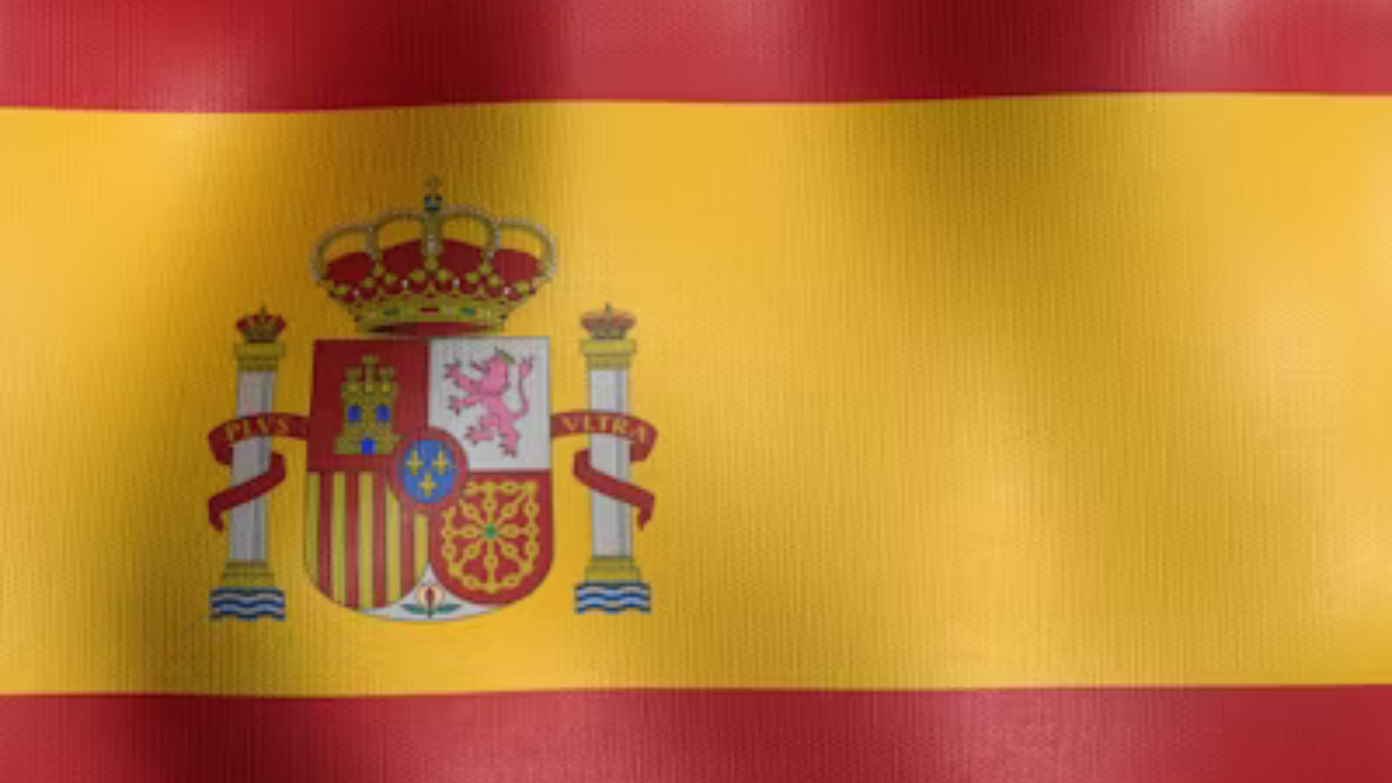Pedro Sánchez Pérez-Castejón was born on 29 February 1972 in Madrid, Spain, to an educated family. His father was a businessman and economist and his mother a civil servant and lawyer who worked at the social security ministry. His family was of middle-class origin in the Tetuán district of Madrid. Sánchez demonstrated early academic and athletic potential as a basketball player on the school team at the Ramiro de Maeztu Institute.
Sánchez had a good academic career, and in 1995 he received his Bachelor’s degree in Economic Science and Business Studies at the María Cristina Royal University College, which was a related university of the Complutense University of Madrid. He complemented these with other European credentials with a Master’s in EU Economics from the Free University of Brussels and a Diploma in Advanced European Economic and Monetary Integration Studies from the Ortega y Gasset University Institute. In 2012, he obtained his Doctorate in Economics from the Camilo José Cela University, after working as a lecturer in economics at the same university.
Rise through the political ranks
Sánchez entered the Spanish Socialist Workers’ Party (PSOE) after the victory of Felipe González in 1993. His professional career in his early years had an international and national aspect, having served a stint as a parliamentary assistant at the European Parliament and later as chief of staff to the United Nations High Representative for Bosnia-Herzegovina during the Kosovo War in 1999. This experience in international affairs would later contribute to his style of handling European and foreign policy.
His political life began in 2004 when he became a councillor in Madrid city, a position he occupied for five years. He was elected to the Congress of Deputies as a representative of Madrid in 2009, although his seat was lost in 2011 and briefly returned to academics before being re-elected again in 2013.
Becoming PSOE leader and Prime Minister
Much to the surprise of most people, Sánchez was elected PSOE Secretary-General in July 2014 with a win over older candidates on 49% of the vote. At the time, he was little known as a parliamentarian but his centrist position within the socialist party and a desire to avoid “populism or demagogy” resonated with party members.
His leadership route was less than uneventful. Having taken the PSOE to disappointing general election performances in 2015 and 2016, Sánchez stood down as Secretary-General in October 2016 due to internal party pressure to enable the right-of-center Popular Party to take power. Yet, in a sensational political reversal, he was re-elected leader of the PSOE in May 2017, beating his primary opponent Susana Díaz by more than 50% of the vote.
Sánchez’s chance to serve as President came in June 2018 when he was successful in bringing a vote of no confidence against Mariano Rajoy, the Popular Party leader whose party was involved in corruption allegations. The vote was narrowly approved by two votes, and Sánchez became the first Spanish Prime Minister in history to have become so by winning a no-confidence vote instead of an election.
As Prime Minister, Sánchez has pursued a decidedly left-wing agenda of diminishing inequality and improving Spain’s welfare state. His administration has enacted several significant reforms, such as a 22% hike in the minimum wage to 900 euros a month, pension rises, and far-reaching labor market reforms. Gender equality is now officially also on the agenda, with women making up the majority of his cabinet for the first time in Spanish democratic history.
Sánchez has described his political ideology as “social patriotism,” with liberal domestic policy and tough European integration. His government has centered on six priorities: economic competitiveness, labor dignity, defense of the welfare state, housing policy, equality, and peace. The government has generated more than 1.5 million jobs and cut inequality to “historic lows” in Spain, Sánchez claimed.
The NATO spending standoff with Trump
The greatest area of disagreement between Sánchez and Donald Trump has been over defense spending targets for NATO. Trump has urged all NATO allies to see their defense budgets raised to 5% of GDP, a huge jump from the historical 2% level. Spain, which currently spends a meager 1.28% of its GDP on the military, has been the lowest defense spender in NATO.
In a direct challenge to Trump’s demands, Sánchez sent a letter to NATO Secretary-General Mark Rutte in June 2025, formally rejecting the 5% target and calling it “unreasonable and counterproductive”. In his letter, Sánchez stated: “Each NATO member, as a sovereign country, decides whether or not to make those sacrifices. And we choose not to”. He argued that rushing toward 5% spending would lead to rising prices, reduced investment in education and digital development, and would be “incompatible” with Spain’s welfare state.
Instead, Spain negotiated a separate agreement with NATO to limit its military spending to 2.1% of GDP. Sánchez emphasized that Spain is “one of the five NATO countries with the most troops deployed worldwide” and that the Spanish Armed Forces estimate 2% of GDP is sufficient to meet national commitments. This agreement was finalized just days before the June 2025 NATO summit, averting potential discord at the meeting.
Broader opposition to Trump’s policies
Sánchez’s resistance to Trump extends beyond NATO spending. He has taken a tough stance against Trump’s proposed trade tariffs on the European Union, calling them “senseless” and warning that Europeans would “have to defend ourselves” if the U.S. proceeds with a trade war. In a post on social media, Sánchez called on the U.S. government to “reconsider and engage in constructive dialogue, or else we Europeans will have to defend ourselves”.
This opposition has created domestic political tensions, with Spain’s far-right Vox party criticizing Sánchez’s confrontational approach as risky. In heated parliamentary exchanges, Sánchez has accused his opponents of “betrayal” for not condemning Trump’s policies against Spain and the broader EU.

